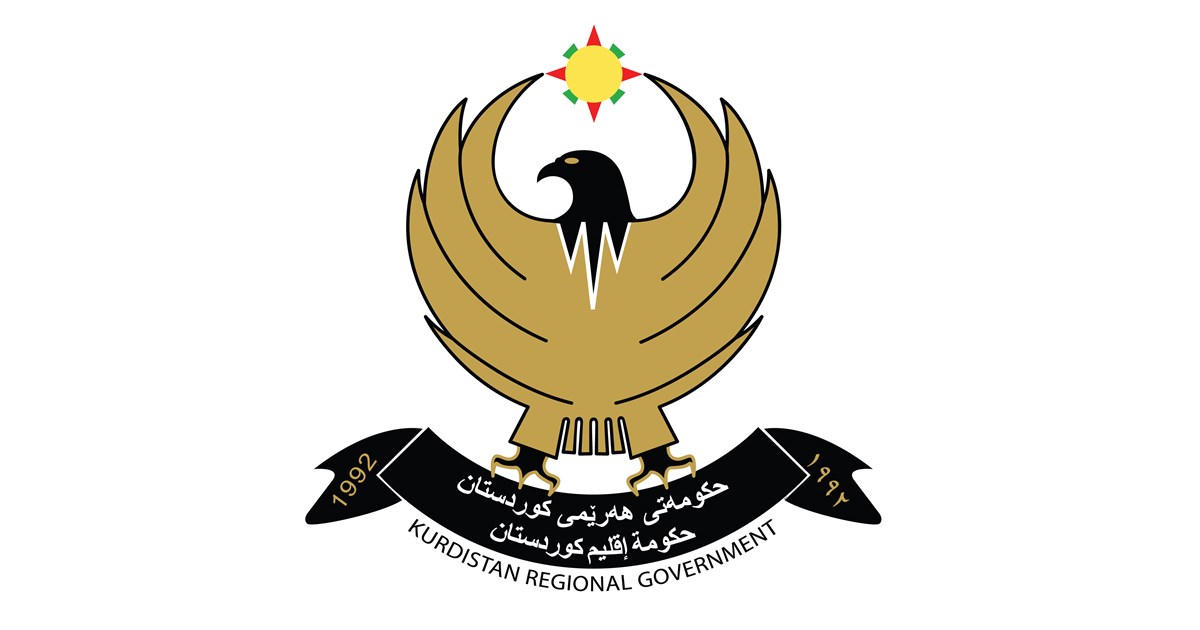Office of the Coordinator for International Advocacy states "we will consider USCIRF report and follow advice on the protection of religious freedom"

On 2 May the United States Commission on International Religious Freedom (USCIRF) published its annual report. This evaluated the situation of religious groups in the Kurdistan Region, highlighting some problems such as the non-implementation of the Shingal Agreement, the need for refugees to return to their places of origin, the quota system of representatives for religious groups, land issues for Christians, and the destruction of historical sites in the disputed territories.
The Kurdistan Region’s Office of the Coordinator for International Advocacy has released the following statement in response to the report:
We will carefully consider the USCIRF report, but it would be fair if they could also recognise that the Kurdistan Region has done all it could in difficult circumstances. We acknowledge there is still work to be done, but would welcome more assistance.
Regarding the situation of religious groups, we must emphasise that over the past few years the Kurdistan region hosted more than two million refugees, who found Kurdistan to be a safe haven where they could live freely.
Regarding the situation in Shingal, an agreement between the Kurdistan Regional Government and the Federal Government of Iraq was signed on October 10, 2020, monitored by Jeanine Hennis-Plasschaert, Special Representative of the UN Secretary-General for Iraq. It consists of three aspects: security, administration and reconstruction.
According to the agreement, no entity other than the Federal Police, the National Security and Intelligence agencies will be in charge of security inside Shingal district. All other armed entities will be moved outside of Shingal. The agreement included the strengthening of security in the district through the recruitment of 2,500 members to the Internal Security Forces in Shingal, with the guarantee of fair inclusion of displaced people in the camps who are from Shingal. The agreement also required removal of the Kurdistan Workers Party (PKK) from Shingal and surrounding areas, and prevention of the organisation and its offshoots from having any role in the region.
In addition, an agreement was reached on the formation of a joint committee between the Federal Government and the Kurdistan Regional Government for the purpose of reconstruction in the Shingal district. The scope of its authority and details of its tasks will be determined by the Prime Minister of the Federal Government and the Prime Minister of the Kurdistan Regional Government.
Since the fall of ISIS, residents of the disputed territories have not been able to return to their places of origin. The Kurdistan Regional Government has constantly emphasised the need for a settlement for the disputed territories, especially Shingal, outside of political battles. Moreover, we have asked for the withdrawal of all forces that do not belong to the districts, replacing them with authoritative and legal entities in order to end the militarisation of the region and allow refugees to return.
The lack of legal and trustworthy institutions in Shingal resulted in a security and administrative void which became an obstacle for reconstruction efforts. This situation increased concerns among residents of all religious and ethnic backgrounds, especially Yezidis who still do not want to return to their places of origin.
Despite numerous meetings and discussions between the respective parties, the Shingal Agreement has not been implemented by the Federal Government, resulting in an increase of activity among terrorist groups in the district and the victimisation of hundreds of civilians.
The Kurdistan Region has been under tremendous pressure during the refugee crisis of the past few years. The Kurdistan Region alone has been providing for 70% of the asylum seekers' needs, while the United Nations and NGOs offer 25% and foreign countries only donate 5%. The Kurdistan Region follows the principle of voluntary return for refugees, but it will also assist in such tasks as much as it is able. The reason for the refugees' lack of willingness to return can be seen in the lack of security and fundamental public services in those districts.
From January 2022 to February 2023, only 558 refugees returned to their places of origin, while 650 others came back to the refugee camps.
Due to the high cost of the war with ISIS and cuts to the KRG’s share of the federal budget since 2014, the Kurdistan Region's government has not been able to implement its plans for serving refugees fully.
Regarding the quota system of representation for religious groups, the Kurdistan Regional Government has increased the number of chairs for the representatives of religious and ethnic groups to eleven since 2005: five chairs for Turkmans, five chairs for Christians (Chaldean, Assyrian and Syriac), and one chair for the Armenian community. Each of these communities are free to choose their representatives and are also free to decide on how to select their representatives. Moreover, the Kurdistan Region’s Ninth Cabinet includes a Christian Minister and a Minister of Religious Affairs, while the Secretary of Kurdistan’s Parliament comes from the Turkman community. All of these facts demonstrate the Kurdistan Region’s commitment to this matter.
In the field of culture and education, the Kurdistan Region pays special attention to minority communities. Several schools have been established where the language of these communities is taught. As an example, 49 Syriac schools are now operating in the Kurdistan Region and there is a General Directorate for Syriac Studies in the Ministry of Education.
Under rule number 4714 of March 27, 2022, the issue of Christian lands will be further investigated and the government’s efforts to resolve the problem will be increased.
A direct channel of communication has been approved with international institutions to help the Kurdistan Region implement the international recommendations and remain a successful model for peaceful coexistence.
